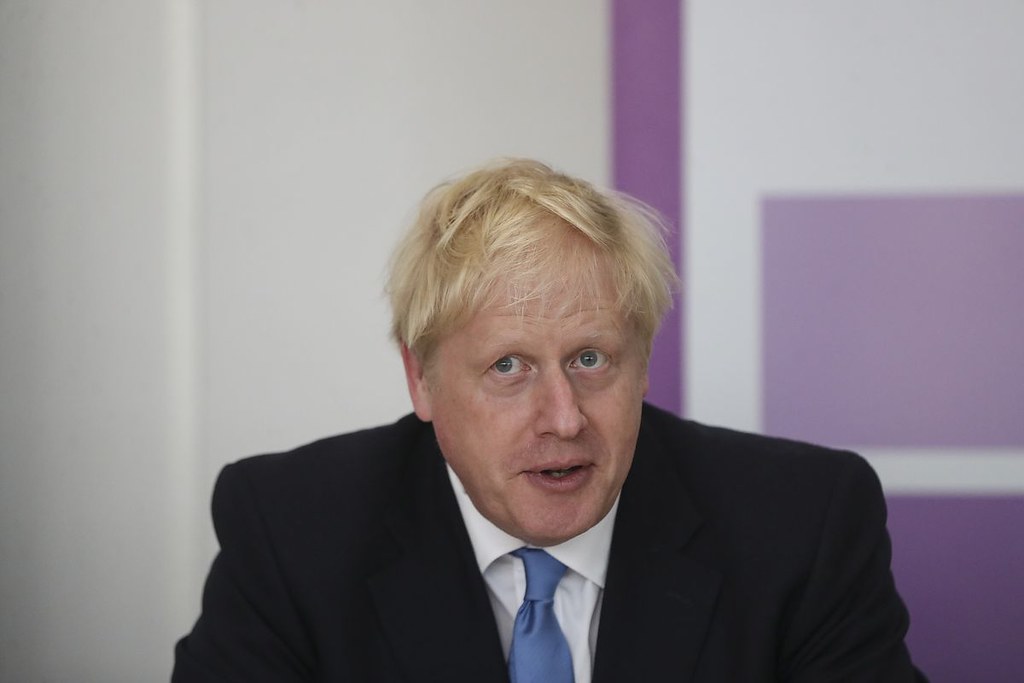The UK is a step closer to leaving the European Union by 31 January after Prime Minister Boris Johnson’s Withdrawal Agreement Bill passed its second reading in Parliament.
The Bill passed with a comfortable 358 votes to 243 on Friday (20 December) – a week after the general election in which the Conservative Party secure its biggest majority since 1987.
The Withdrawal Agreement Bill (WAB) will turn Johnson’s deal with the European Union, detailing the process by which the UK leaves the bloc, into domestic law.
On Thursday, the government published a revised version of this WAB.
The bulk of the 102-page withdrawal bill is identical to the previous version brought to Parliament in October. However, a number of clauses have been changed or removed, including on workers’ rights. Here, we outline what is new in relation to our rights.
So, what’s changed?
Workers’ Rights And Environmental Protections
This version of the withdrawal bill removes clauses pledging alignment with the EU on workers’ rights. The government said it would protect and enhance these rights in a separate employment bill.
This marks a departure from the last iteration of the withdrawal bill, which received criticism for dropping a legally-binding commitment to uphold EU regulations around worker’s rights and social and environmental protections after Brexit.
These regulations include things such as:
- The working time directive, limiting the number of hours people can work a week;
- Requirements for workers doing the same jobs to be paid equally;
- Caps on the amounts of particular pollutants that can be in the air.
Refugee Children’s Rights
The latest bill waters down legal protections for refugee children reunited with family members in the UK.
It appears to revoke the “Dubs amendment” – passed last year – which requires ministers to negotiate a deal with the EU to allow unaccompanied child refugees who have relatives in the UK to come here and settle.
The government has said that it still intends to strike an agreement protecting underage asylum seekers after Brexit.
What’s the same?
No More UK-Wide backstop
PM Johnson’s deal gets rid of the UK-wide backstop, an insurance plan included in May’s deal to prevent a need for a hard border on the island on Ireland if the UK fails to negotiate a trade deal with Europe by 31 December 2020.
A hard border could have severe implications for human rights, and disrupt the fragile peace that has existed in Northern Ireland since the Good Friday Agreement was signed two decades ago.
May’s deal would have kept the whole of the UK in a customs union in the event that the negotiations on a future trade deal fail to bear fruit.
Johnson’s deal replaces this with a Northern Ireland-only solution, creating a customs and regulatory border along the Irish Sea.
Both options would appear to prevent the need for a hard border on the island of Ireland, avoiding the associated human rights concerns.
EU Charter of Fundamental Rights
Exactly as with Theresa May’s deal, Boris Johnson’s would mean that we will no longer be subject to the European Union’s Charter of Fundamental Rights after leaving the union.
This charter repeats the human rights included in the European Convention on Human Rights. This is a completely separate framework to the Charter, and one which the UK will continue to retain following Brexit – but adds a number of additional protections, including:
- the right to fair working conditions;
- protections against certain unjustified dismissal and discrimination issues;
- minimum paid holiday;
- regulations on working hours;
- regulations on equal pay.
Freedom Of Movement
Johnson’s withdrawal agreement will also mean an end to the right to freedom of movement among EU citizens within Europe after the transition period ends on 31 December 2020, unless this period is extended.
UK citizens in the EU, and EU citizens in the UK, will keep their residency and social security rights after Brexit.
Freedom of movement rules will continue to apply during the two-year transition period, after which it will come to an end. This means UK nationals will be able to live and work in the EU, and EU nationals will be able to live and work in the UK for two more years.
Anyone staying in the same country for five years will be allowed to apply for permanent residence.







